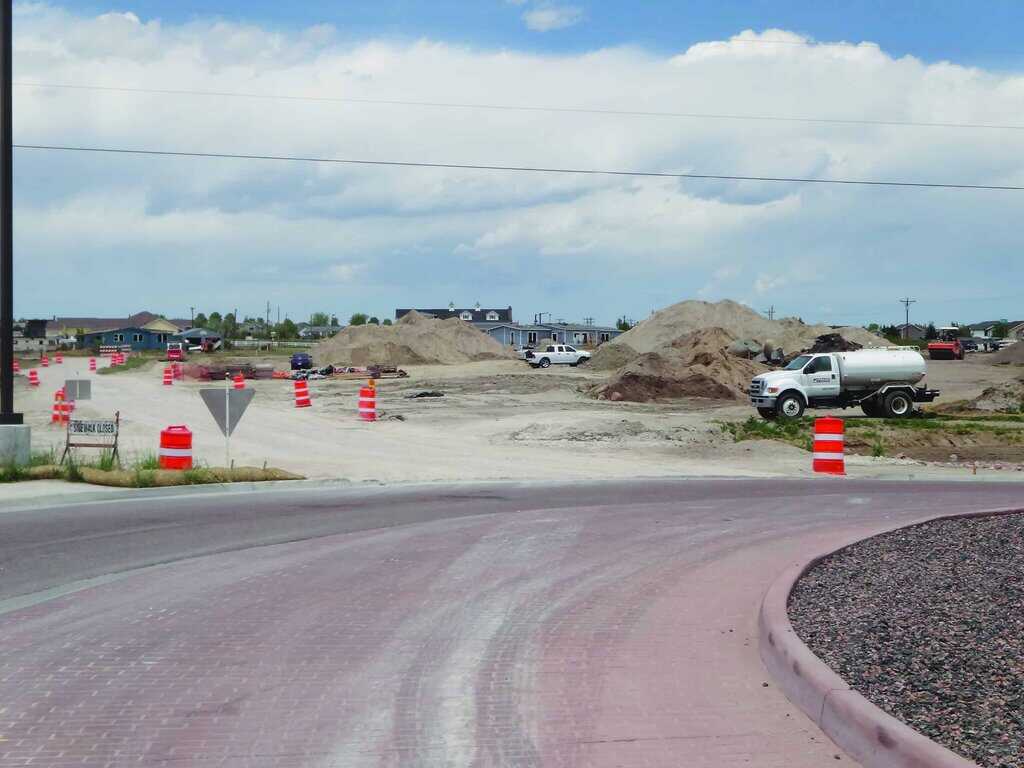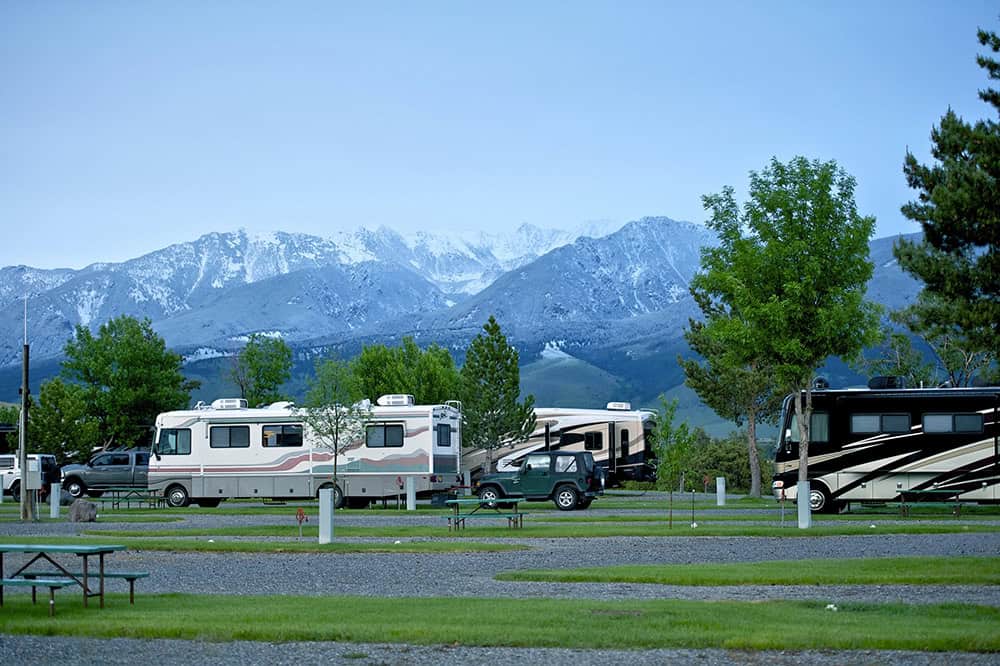Last week, the U.S. Supreme Court ruled that local governments have the right to seize private property for economic development reasons.In essence, the five liberal-leaning black robes told everyone in America who owns property that what they really have is simply a lease until some local-yokel politician decides that some deep-pocketed developer deserves the land more than the people who paid for it.The case involved a neighborhood in New London, Conn. The homeowners didn’t want to sell, but the city, in its infinite wisdom, decided that a waterfront hotel and office space made better economic sense.As part of eminent domain, cities have the right to take private property for reasons that would fall under “the public good.” Think roads, schools, etc. Local governments can even take private property if an area is blighted and needs revitalization. (The New London neighborhood isn’t considered blighted. It just happens to be in a sweet location.)But now, thanks to five of the nine Supremes, your house or your land or your business (even if it is in pristine condition) can be snatched away because some big-time, big-bucks corporate entity likes your location better than anything that is available on the open market.Got an unobstructed view of Pike’s Peak? Better enjoy it while you can.The majority of the court said that local officials know what is best for their communities. Well, excuse me if my faith in local politicians doesn’t run as deep as that of the justices.Of course, my cynicism for local government might arise from the fact that I live in the real world and have to deal with hometown politicos and their decisions, while John Paul Stevens, Anthony Kennedy, David H. Souter, Ruther Bader Ginsburg and Stephen G. Breyer live in the rarified air of lifetime appointments, pomp and privilege.While I’m a firm believer in economic development, I’m even more staunchly in favor of individual rights and property rights.The Fifth Amendment makes it fairly clear how the founding fathers stood on the issue of eminent domain. It’s one of those long sentences that begins with “No,” has a bunch of “nors” and ends with “nor shall private property be taken for public use, without just compensation.”Forget about the just compensation part (because we know that nobody in these situations is ever justly compensated), but I don’t think it takes an I.Q. of 28 to realize that turning over someone’s private property to a private developer who likely will privately keep the profit, isn’t really in the ballpark of “public use.”Of course, since the Second Amendment gives private citizens the right to keep and bear arms, I wonder how the above mentioned Supremes would rule on a case involving a private property owner who decided to defend his land against the greed-driven local politicians and developers?We might just find ourselves in the midst of a Constitutional crisis.This could be avoided if the Supremes used a bit of common sense, but I’m not holding my breath.Maybe it’s time to revisit Franklin Roosevelt’s proposal that the president be allowed to add one new judge annually to the Supreme Court (capped at a maximum of six) for every sitting justice over the age of 70.The only problem would be that the Senate probably wouldn’t confirm any of President Bush’s nominees and we’d be right back to square one.Eminent domain is necessary, and if used properly, truly can be a benefit to the public at large. But using eminent domain to enrich politicians and private developers is just flat wrong.Guess the folks out on the eastern plains should get ready to embrace the Super Slab. It seems the Supremes have paved the path quite clearly.Mike Boyd is editor of the Colorado Springs Business Journal. He can be reached at mike.boyd@csbj.com or 329-5206.Mike Boyd






